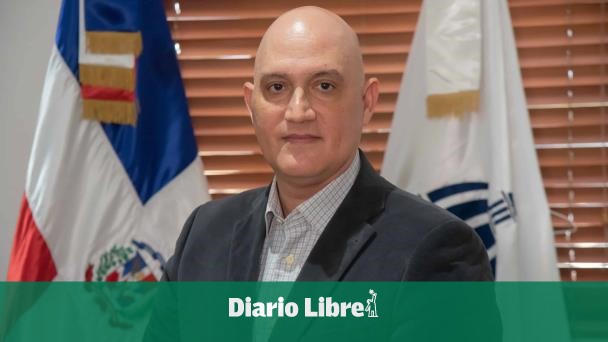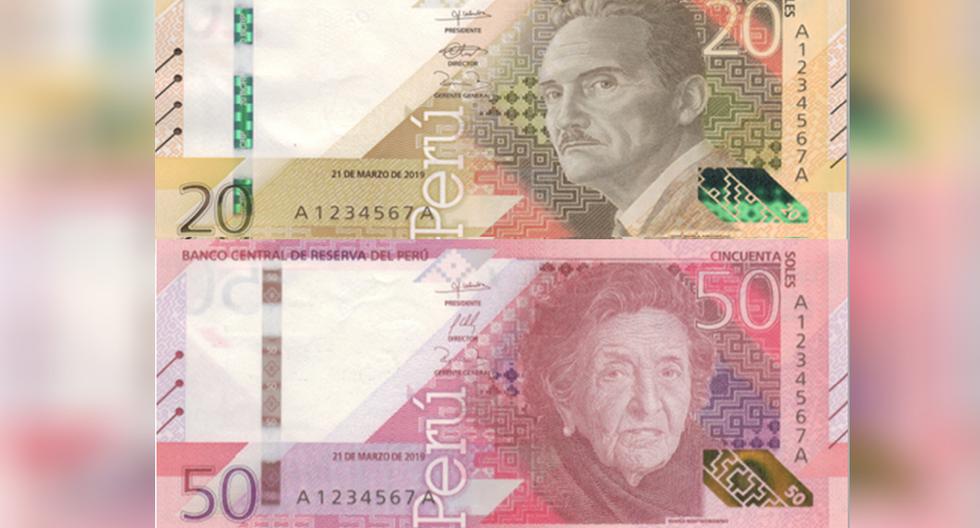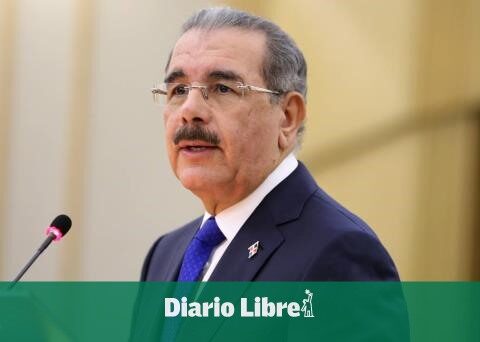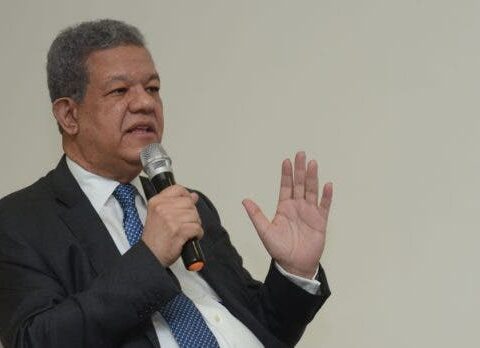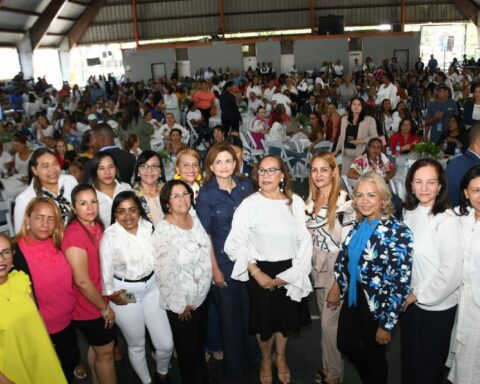It was night in Madrid when Pável Isa Contreras rested in a hotel after walking on his family vacation. From the Dominican Republic -where it was still daytime because of the time difference- he received a call to propose promoting him from vice minister to Economy Minister. The official was shocked. He spent the night restless. He spoke with his family and work team, and decided to assume the position in which he was sworn in just Monday of last week. And he confesses to Diario Libre that directing from the State is very different from what he thought when he was an academic and researcher from the so-called civil society.
“It is more difficult to make quality public policy than I thought,” he acknowledges. Although now he may agree with the opinions of analysts on economic and planning situations – as he himself used to do – he acknowledges: “Despite this agreement, achieving this is more complex than I supposed from the outside.”
Contreras attributes this complexity to the fact that, although there may be significant consensus in the government regarding the public policies to be promoted, pushing and implementing them is much more challenging, and it is not always possible to advance at the desired speed. In addition, the articulation with other State entities also slows down, as well as the management of State resources to execute the projects.
The new minister has already been in the institution for two years, since since 2020 he was vice minister of Planning and Public Investment, a position that led him to take a leave of absence from the position of research professor at the Technological Institute of Santo Domingo (Intec), where he formally entered 2012.
Sit in the office from where you converse with Free Journal As minister it was a decision (the position) that his father, the leftist leader Narciso Isa Conde, did not like, but his uncle Antonio, the former Minister of Energy and Mines, did. “These opinions are issued from affection,” says Isa Contreras. “My dad expresses his concern, and I think it is an absolutely legitimate concern that I have to pay attention to. Always, assuming high-level positions in the State -because they imply decision-making power-, by doing that risks are assumed. And my dad is warning me that he understands that these are significant risks.”
“(Economy) was a ministry that was a pretty vase in the living room…, but with very little functionality”Economy Minister
Isa Contreras is an economist with a Ph.D. in Economics and a career as a researcher. For three years he was the research coordinator for the Human Development Provincial Reports of the Human Development Office of the United Nations Development Program (UNDP). Also, he had other positions related to research and advice for public and international entities.
The official, who has not exhibited any active political militancy, indicates that he feels, more than optimistic, committed to his new position. His goal is to comply with the plans of the Ministry of Economywhose direction he assumed in substitution of Miguel Ceara Hatton, an economist also with an academic and investigative life, who went on to direct the Ministry of the Environment.
“I focus on fulfilling my responsibility to promote the multi-year plan and the government program to which all officials, the entire party (PRM), the entire government committed,” says Isa Contreras.
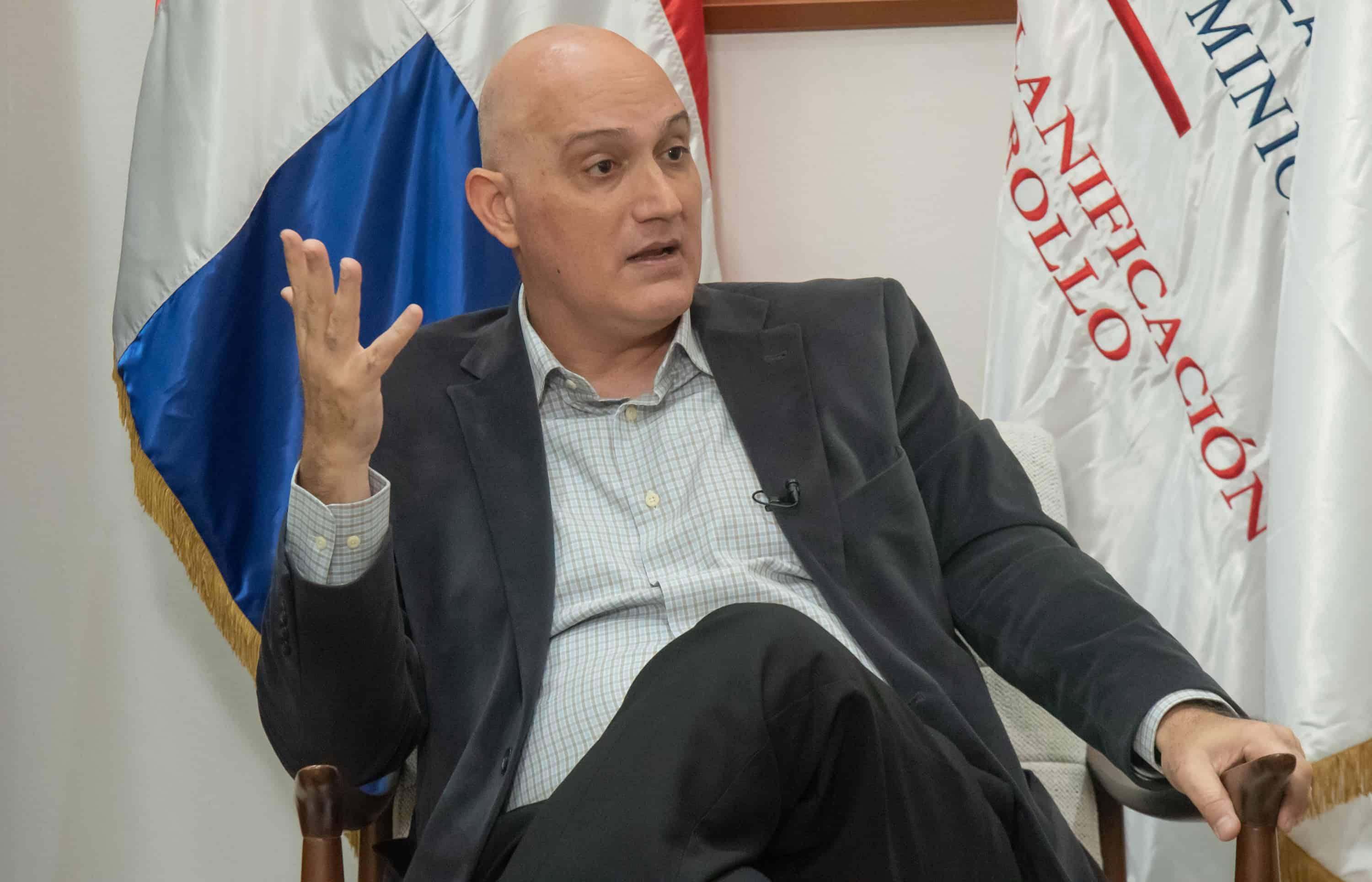
-
Strengthen the planning and stewardship of public investment.
-
Promote territorial planning.
-
Contribute to transforming social policy in three aspects: in public health, moving towards higher quality education and social protection.
Economy: “A pretty vase”
The minister acknowledges that the Ministry of Economy it did not occupy the spaces that by law it is ordered to occupy; it had technical capabilities, but very little effect.
Since it was created in 2006 and until 2020, the official considers that the Ministry of Economy “It was a pretty vase in the living room.” “Pretty, because he did pretty jobs,” he explains. “It has been a ministry that has produced information, such as the issue of estimating poverty; was behind the National Development Strategy, with a high technical level and a rich dialogue with multilateral international cooperation agencies. So it was a nice vase, but with very little functionality”.
He considers that the institution has been gaining the trust of Government actors and more attention is being paid to the detailed reports and analyzes it produces, which are even critical of the Government itself, for example, on how many policies for the development of the provinces bordering Haiti, despite the fact that there are a number of institutions created for this purpose.
“I don’t think it will happen that before the end of this government period (in 2024) the president and the government are going to present some kind of proposal (for tax reform)”Economy Minister
Relying on this role of strengthening and support for the functions of the Ministry of EconomyIsa Contreras hopes to push for the country to finally be able to apply a territorial ordering law, which is currently in the National Congress.
It observes that it is also necessary to elaborate a regulation for the application of that law and a subsidiary norm to be able to execute and design a land use policy that the mayors’ offices can develop.
corruption and development
The role of planner and of drawing development policies of the Ministry of EconomyPlanning and Development are faced with the diversion of resources due to administrative corruption.
Isa Contreras indicates that this diverts significant funds that could be invested for social development and creates an institutional environment of mistrust, which discourages long-term investments.
“Tackling corruption is not enough, we have to make development policy,” he observes. “You can have a much healthier institutional environment, but then you have a profoundly inequitable tax structure, you have public resources that are not invested in the poorest people or in quality public services.”
He cites as vital elements for development the generation of quality jobs and the existence of public services, issues in which the ministry works to promote.
Tax Reform
The minister understands that the Dominican Republic has an important issue on pause: a fiscal reform. This was a topic of debate in 2021, but the Government, under pressure for its rejection in the midst of an economic crisis due to the COVID-19 pandemic, did not submit it.
“I don’t think it will happen that before this government period ends (in 2024) the president and the government are going to present some kind of proposal in this regard,” he says. “But it does not mean that the country does not continue to have that significant challenge of increasing the financial capacity of the State, of increasing the proportion of resources that the State captures from the economy to provide fundamental goods and services.”
Tax pressure in the Dominican Republic is one of the lowest in Latin America.
“We have to put ourselves in two directions: support and protect people, preventing prices from rising, but at the same time giving them subsidies until the gale passes”Economy Minister
consumer pessimism
Despite the good growth forecasts for the Dominican economy this year (5%), inflationary pressures and the deterioration of the family situation are impacting their confidence, and the consumer confidence index prepared by the Ministry of Economy it decreased by 1.9 points in April of this 2022, with respect to the last measurement of November of last year.
Isa Contreras expresses that, although there are those who translate this as pessimism, she does not believe that we are facing a generally pessimistic environment regarding the local economic situation.
“We are in an environment, let’s say, of caution, and it is not for less,” he says. “International events are so, shall we say, intense, and the world is changing direction so intensely, but also without clarity, about where it is going to walk, that it is normal for us to feel insecure.”
“We have to go in two directions -he points out-: support and protect people, preventing prices from rising, but at the same time giving them subsidies until the gale passes and the economic environment normalizes and investments grow faster”.

